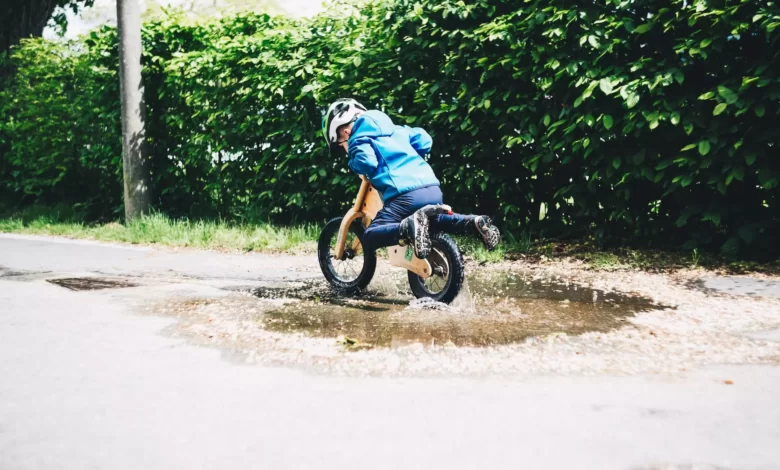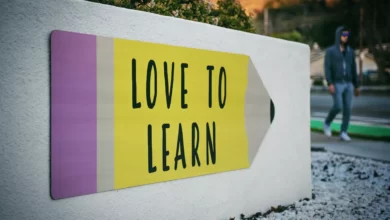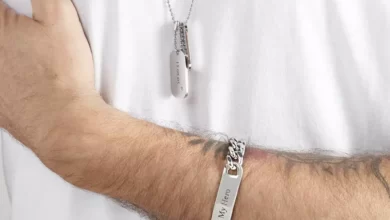
Things You Should Consider When Choosing A Kid’s Bike
Many factors need to be considered when selecting a bicycle for a child. Finding one that suits them best can be complex and confusing with the variety of options available. It’s important to remember that kids’ bikes are not all the same; there is no “one size fits all” option.
To help you make an informed decision, here are a few things to consider when choosing your Bobbins child’s bike. By selecting the right bike and teaching your child about the joys of cycling, you’re making memories they’ll cherish forever. Investing in the perfect kid’s bicycle will ensure a positive and safe cycling experience.
The Appropriate Size
Kids’ bicycles must be the correct size for a safe, easy ride. The size of junior kids’ bikes is typically indicated by wheel diameter rather than frame size, as with adult bikes. Each wheel diameter corresponds to your child’s height and inside leg measurement; this sizing chart offers guidance. Consider it a reference when thinking about purchasing a bike for your child.
| Age In Years | Wheel Size In Inches | Height In Feets | Inseam In Inches |
| 3-4 | 14” | 3.0- 3.7 | 16- 20 |
| 4-5 | 16” | 3.7- 4.0 | 18- 22 |
| 5-6 | 20” | 4.0- 4.5 | 22- 25 |
| 7+ | 24” | 4.5- 4.9 | 24- 28 |
Safety Features
When selecting a children’s bicycle, look for models with a chain guard to protect little fingers and clothing from getting caught in the chain — bike bells to prevent road accidents. The brakes should be high-quality, easy to reach, grip, and responsive. To ensure your child’s safety regarding toxins, make sure that the paint used on the frame is non-toxic. Lastly, remember to buy a well-fitting helmet of good quality, an essential part of any bicycle purchase!
Solid Frame
A good bicycle can handle a bit of rough play. That’s why finding a solid frame and durable construction is essential. Rustproofing is also important to prevent corrosion when the bike is left outside in weather conditions. Children typically tend to experiment with stunts and crashes, so the bicycle frame needs to endure that type of abuse.
Gear Configuration
For those looking for a low-maintenance and lightweight bicycle for their children, a single-speed option is perfect. Although geared bikes are available for kids, they’re only necessary if your child primarily rides in challenging terrains or goes up hills. Otherwise, the simplicity of a single-speed bike is ideal.
Bike Weight
For maximum convenience and performance, choosing a lightweight bicycle is essential. The ideal weight should be roughly 50% of your child’s weight; for example, an 8-year-old weighing 25 kg should use a bike that weighs 10-12 kg or less. When purchasing children’s bicycles, ensure that you consider this.
Handlebar Brakes
It’s essential to ensure your child can operate their bicycle correctly. Brake levers should be within reach and pressed quickly. Coaster brakes, activated when pedaling backward and not as popular as handlebar brakes, may be used, but the child will need to learn how to use other types of brakes.
Bottomline
When choosing a kid’s bike, you should keep a few things in mind. First, consider the child’s age and size. Make sure to get a bike the right size, as this will be more comfortable and safer for the child. Second, think about the child’s skill level. If they are a beginner, look for a bike with training wheels or a lower seat. Finally, think about your budget also.






